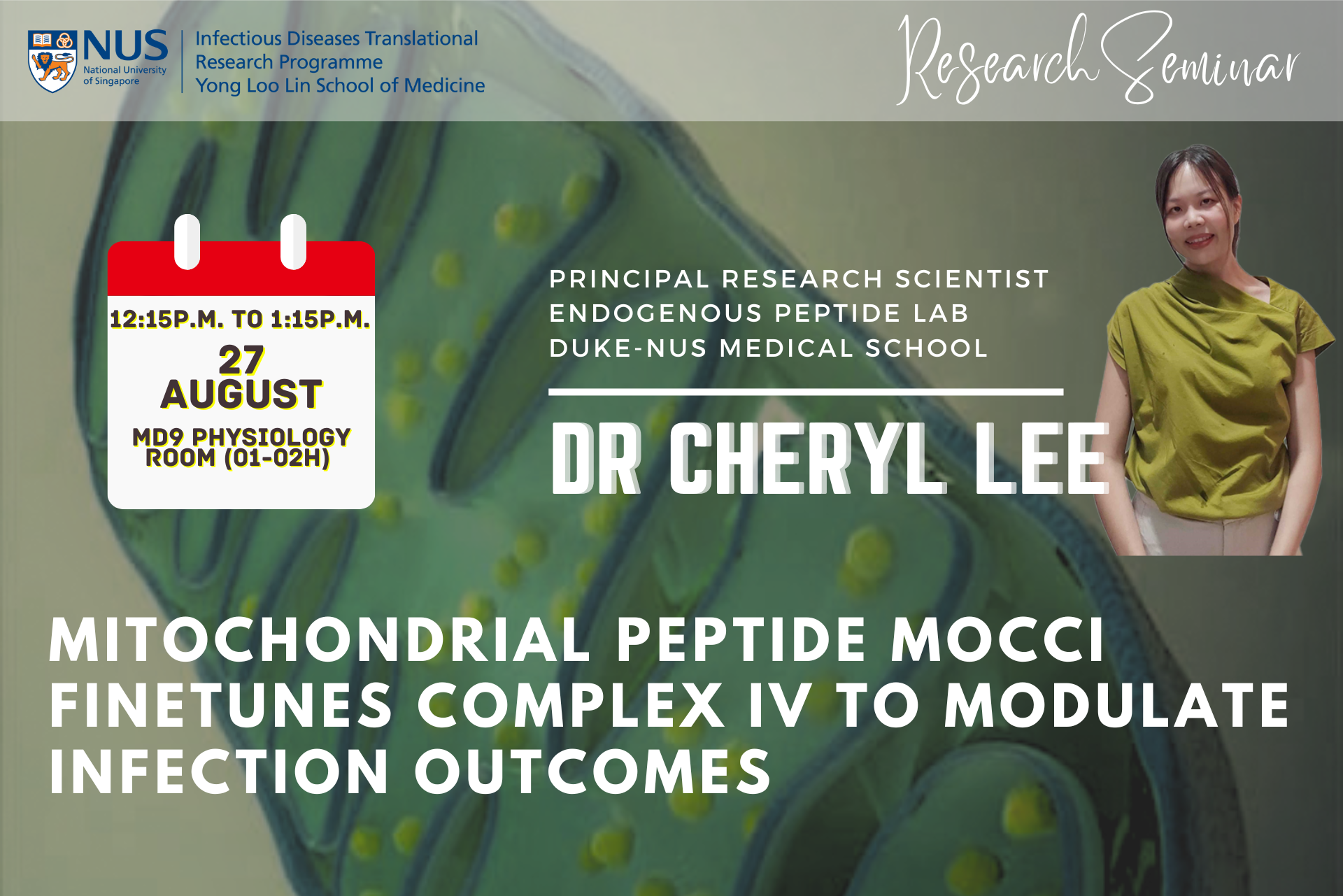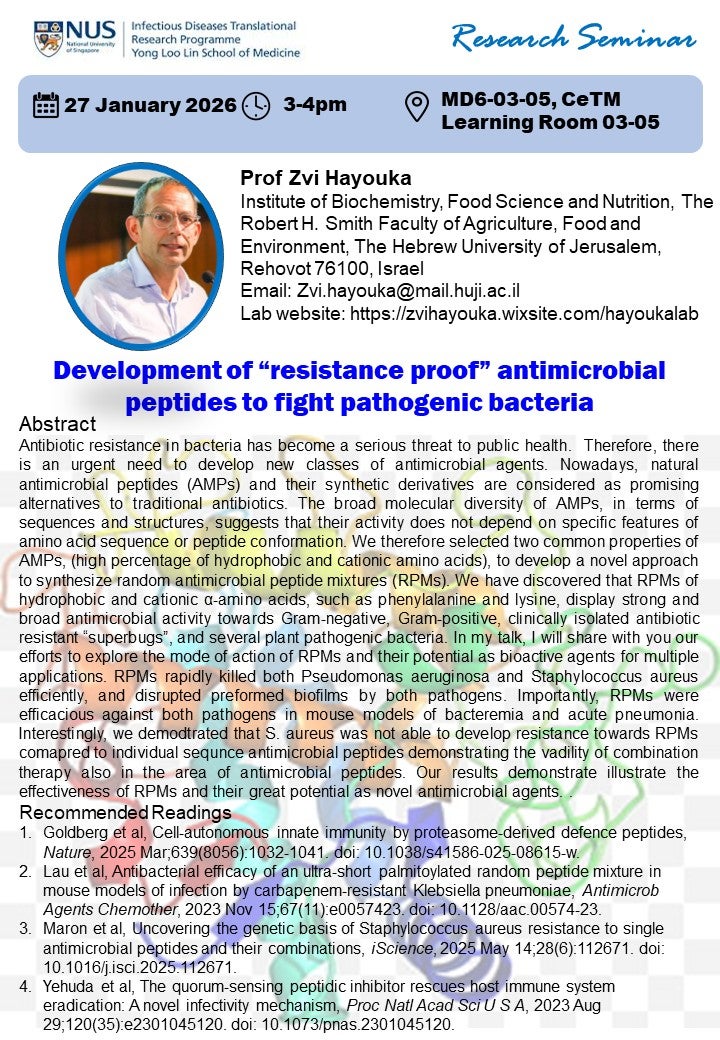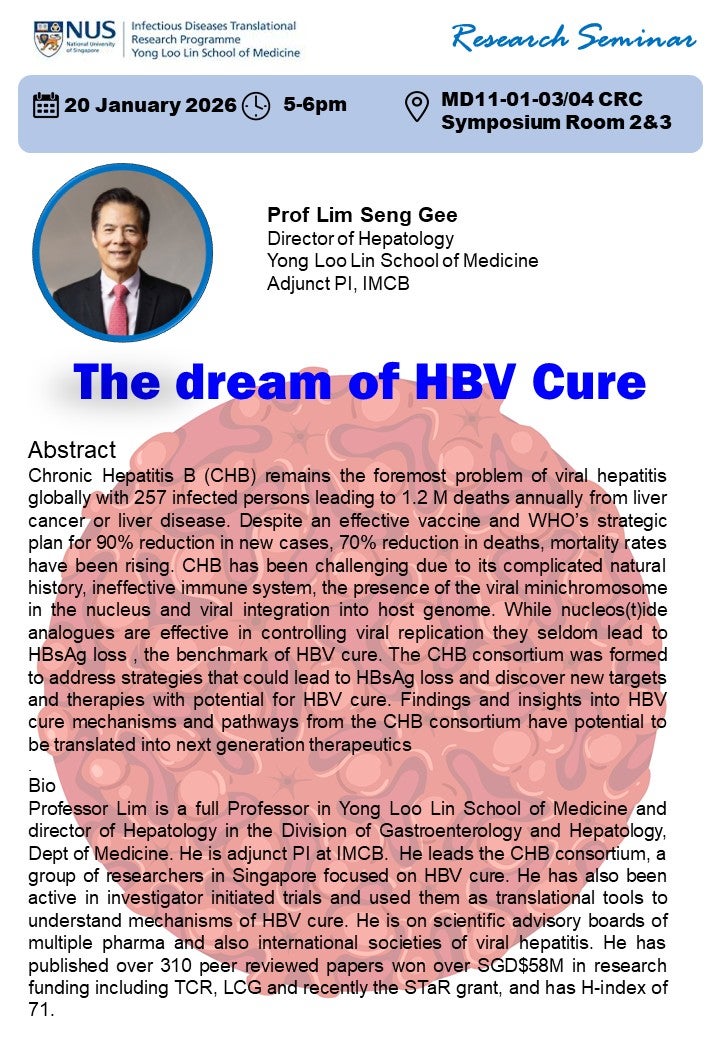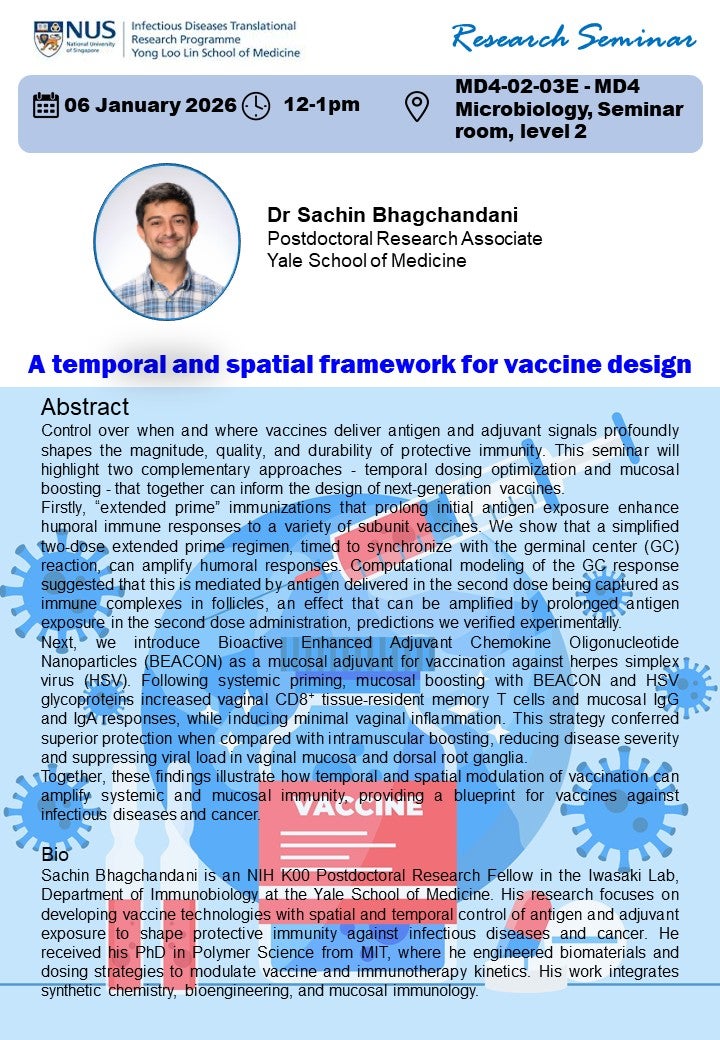Abstract:
Mito-SEPs are small open reading frame-encoded peptides that localize to the mitochondria. Through ribosome profiling and RNA-sequencing of human aortic endothelial cells, we observed that the expression of mito-SEPs is negatively correlated with inflammation. Using a pipeline developed in the lab to identify novel mito-SEPs, we identified mito-SEPs upregulated during inflammation, termed i-mito-SEPs. We report the discovery and deorphanization of Modulator of Cytochrome C oxidase during Inflammation (MOCCI), a 83 aa mito-SEP that is specific to the inflamed state. MOCCI is a paralog of NADH:Ubiquinone Oxidoreductase Complex Assembly Factor 4 (NDUFA4), the 14th subunit of the mitochondrial respiratory chain complex IV (CIV).
During inflammation, MOCCI replaces NDUFA4 in CIV, which leads to repressed CIV activity, lower membrane potential and reduced ROS production. Interestingly, knocking out of MOCCI in mouse monocytes result in altered branched chain amino acid (BCAA) metabolism, suggesting a novel CIV-BCAA axis in monocyte activation. We propose that mito-SEPs are important immunomodulators, of which one of the mechanisms is through altering mitochondrial electron transport chain activity.
Biography:
Cheryl Lee is a Principal Research Scientist in the Endogenous Peptide Lab at Duke-NUS Medical School, working under the guidance of Associate Professor Lena Ho. She earned her PhD from the University of Cambridge, where her research focused on reproductive biology. During her doctoral studies, she characterized the stem cell niche of placental cells and conducted a screen to identify factors that enhance the stemness of trophoblast stem cells.
Upon returning to Singapore, Cheryl shifted her research focus to vascular inflammation, a primary contributor to cardiovascular diseases. Through a screening process aimed at discovering novel peptides involved in inflammation, she identified a micro-peptide known as MOCCI, which regulates the electron transport chain (ETC). Currently, her research is dedicated to elucidating the role of the ETC in controlling inflammation, especially during viral infections.










































